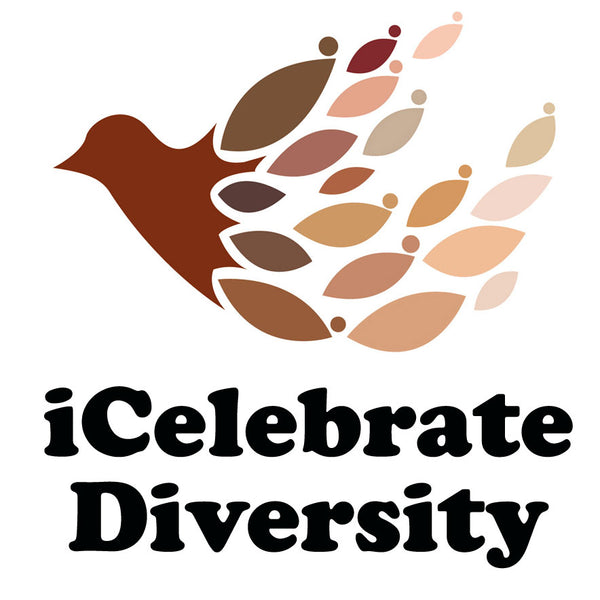Blog
Diversity Poster with Motivational Quote by Jos...
Just a heads up - we're no longer stocking the "The Privilege of A Lifetime" motivational poster on our site. But don't worry, you can still grab this awesome piece...
Diversity Poster with Motivational Quote by Jos...
Just a heads up - we're no longer stocking the "The Privilege of A Lifetime" motivational poster on our site. But don't worry, you can still grab this awesome piece...
Ted Talk on Unconscious Bias
This is a quick little Ted Talk on unconscious bias--I love Helen's examples! The whole thing made me think about the blue and black (or white and gold) dress. Of...
Ted Talk on Unconscious Bias
This is a quick little Ted Talk on unconscious bias--I love Helen's examples! The whole thing made me think about the blue and black (or white and gold) dress. Of...
Different Racisms by Matt Salesses
An article "How the Rules of Racism Are Different for Asian Americans", was shared over a million times on Facebook and has grown into a book. See on goodmenproject.com
Different Racisms by Matt Salesses
An article "How the Rules of Racism Are Different for Asian Americans", was shared over a million times on Facebook and has grown into a book. See on goodmenproject.com
Who Was the Real Dido Elizabeth Belle?
What historical records say about the mixed-race heroine of a new film. Have you seen the movie yet? If not, do you plan on it? I sure do! See on...
Who Was the Real Dido Elizabeth Belle?
What historical records say about the mixed-race heroine of a new film. Have you seen the movie yet? If not, do you plan on it? I sure do! See on...
How Privileged Are You? Take the Quiz!
Buzzfeed created a quiz so you can check your privilege. This will make you think. If it doesn't, it should. Take the quiz (and read the comments if you're brave)
How Privileged Are You? Take the Quiz!
Buzzfeed created a quiz so you can check your privilege. This will make you think. If it doesn't, it should. Take the quiz (and read the comments if you're brave)
Book: Split at the Root - A Memoir on Transraci...
Catana Tully explores questions of race, adoption and identity, not as the professor of cultural studies that she became, but as the Black child of German settlers in Guatemala...
Book: Split at the Root - A Memoir on Transraci...
Catana Tully explores questions of race, adoption and identity, not as the professor of cultural studies that she became, but as the Black child of German settlers in Guatemala...
